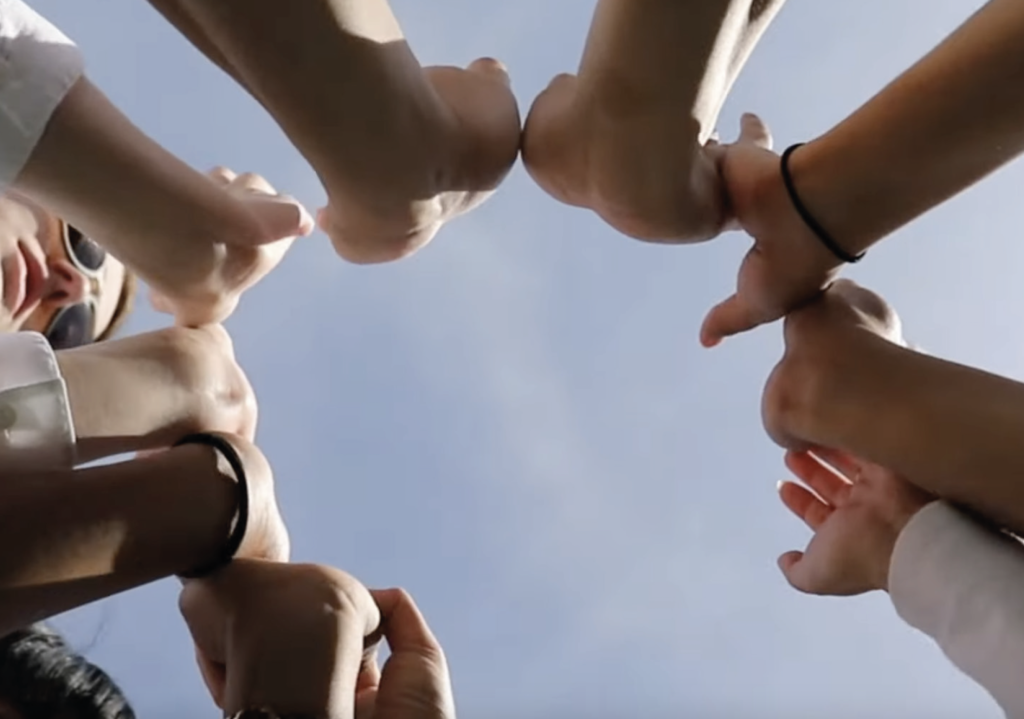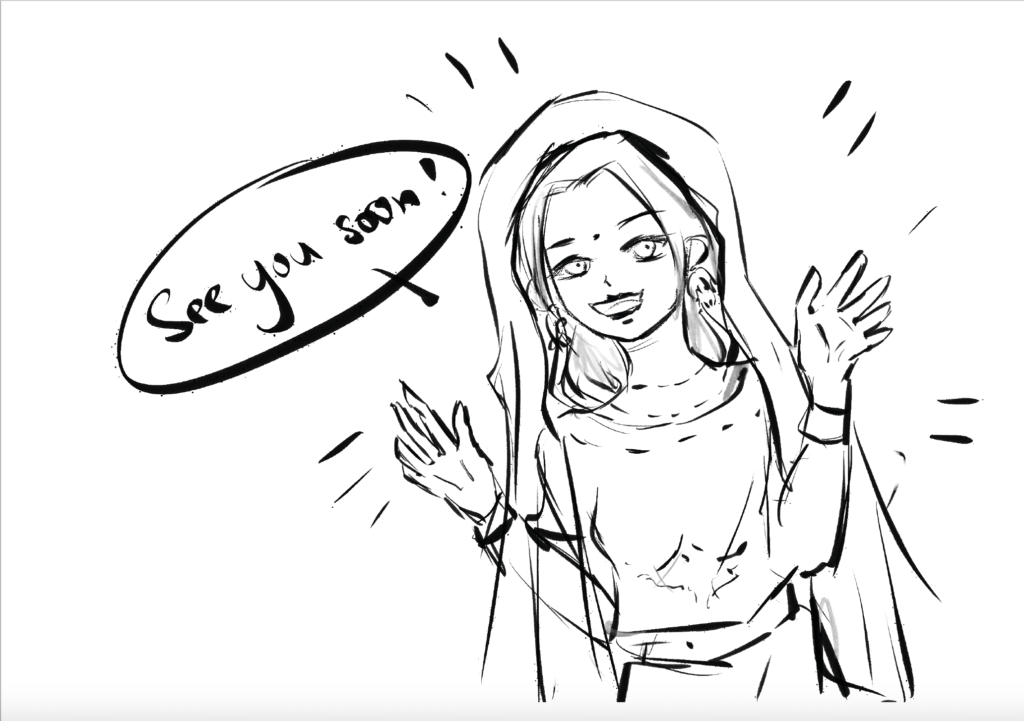
The Ayra Project is a collaboration between the Sidhast Foundation based in Uttarakhand, India, and the MA Social Design class at the Nuova Accademia di Belle Arti in Milan, Italy. The Sidhast Foundation led by Dr. Promil Pande has been working in the crafts sector in India for over a decade, bringing to the forefront the artisans of the region and promoting their work.
After the COVID-19 pandemic the Sidhast Foundation relocated to Uttarakhand, they were able to closely observe and understand first-hand the issues women were facing in the region. One that was at the forefront was period poverty. Since then, they have been working with Sheffield Hallam University’s Dr. Madhumita Pandey to develop research projects in the area to identify the direction from which to pursue the project. The insights from this research have led to the collaboration with the MA Social Design students at NABA (Nuova Accademia di Belle Arti) led the professor, Eugenia Chiara.
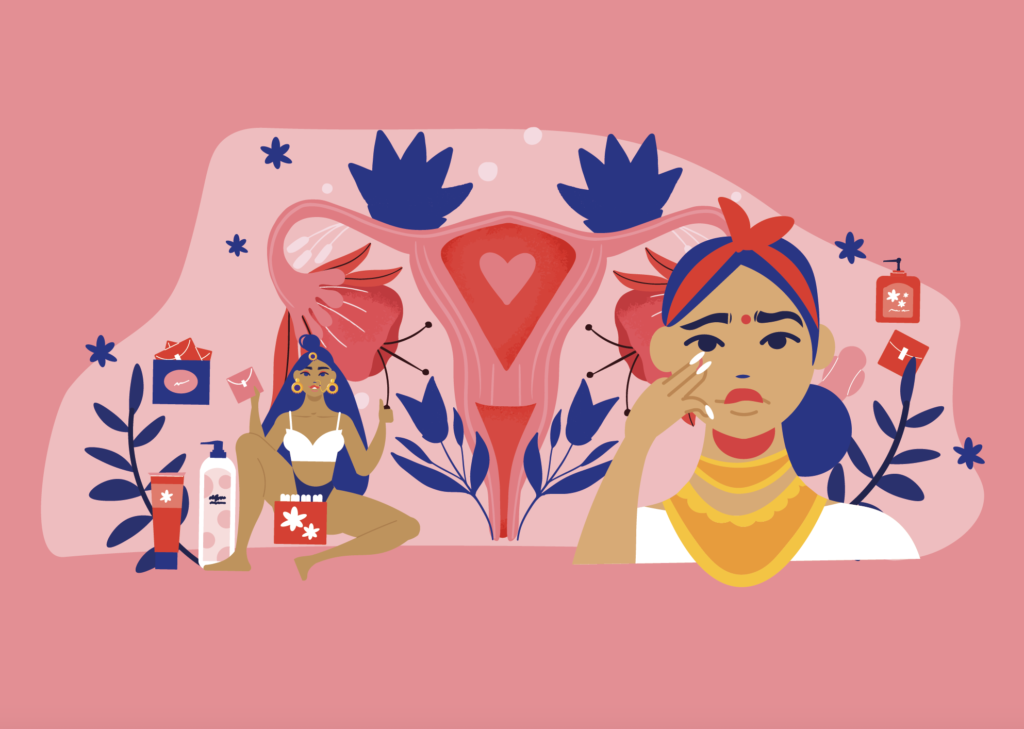
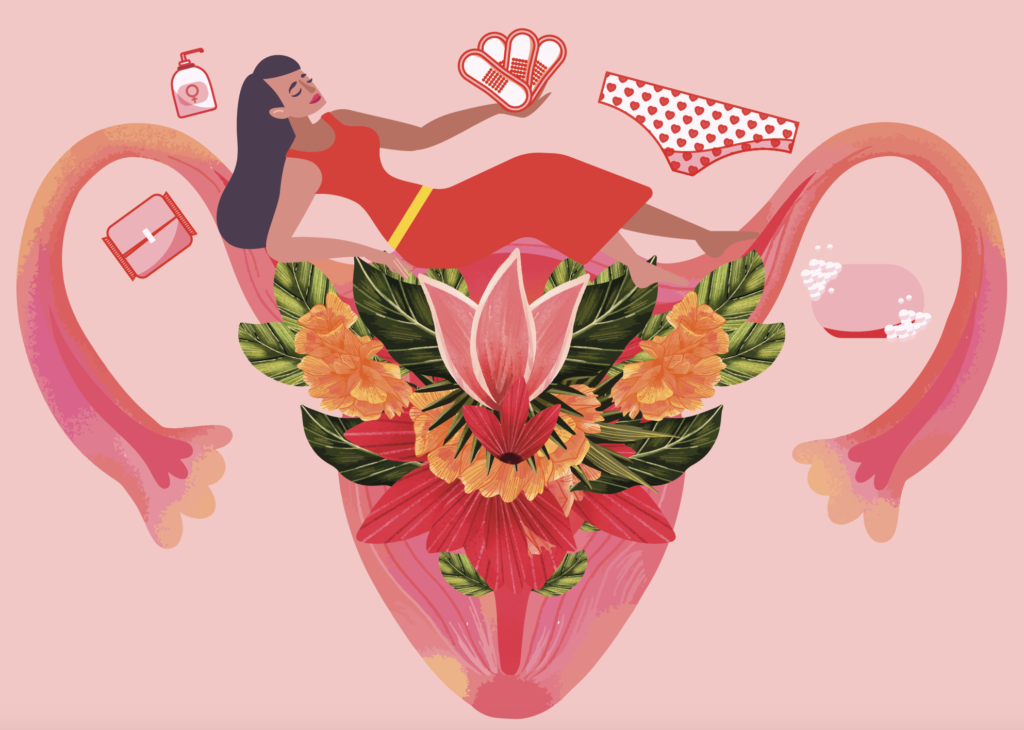
The students of the MA Social Design course working on the Ayra Project are the first batch to study this program at NABA. This graduate course was launched in 2021 with thirteen students who have diverse skills and specialities ranging from graphic, information, product, and industrial design as well as with non-design backgrounds like education, engineering, and anthropology. They are also a global class from various parts of Italy, India, Taiwan, China, and the United Kingdom. The result is an international multidisciplinary group that gives the project a unique and diverse perspective, allowing them to go deeper into the problem.
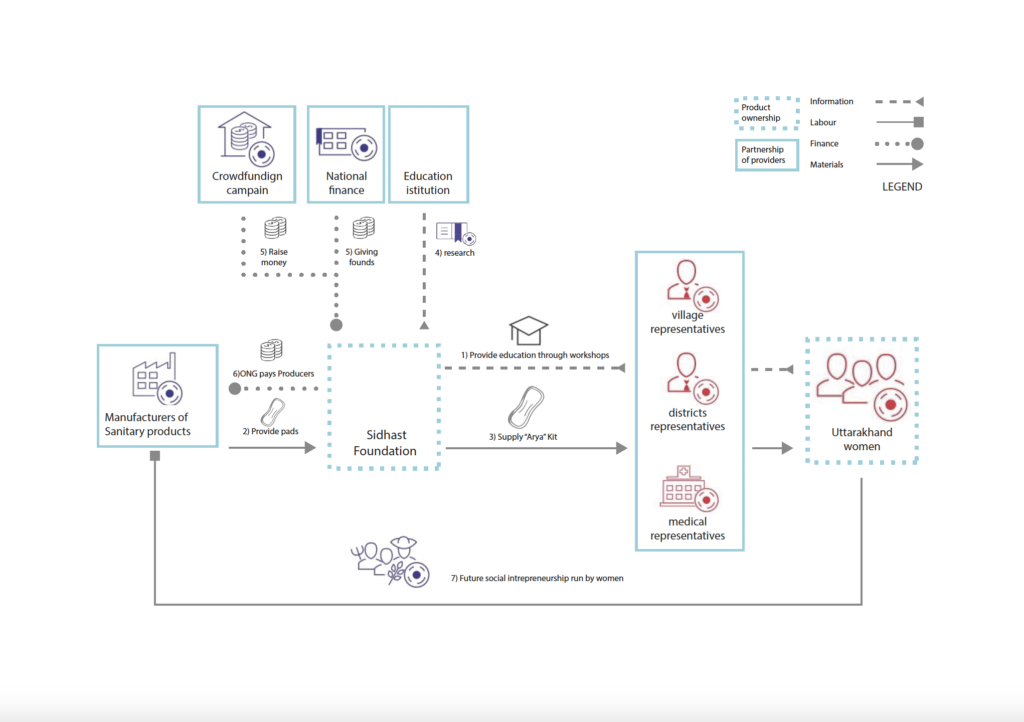
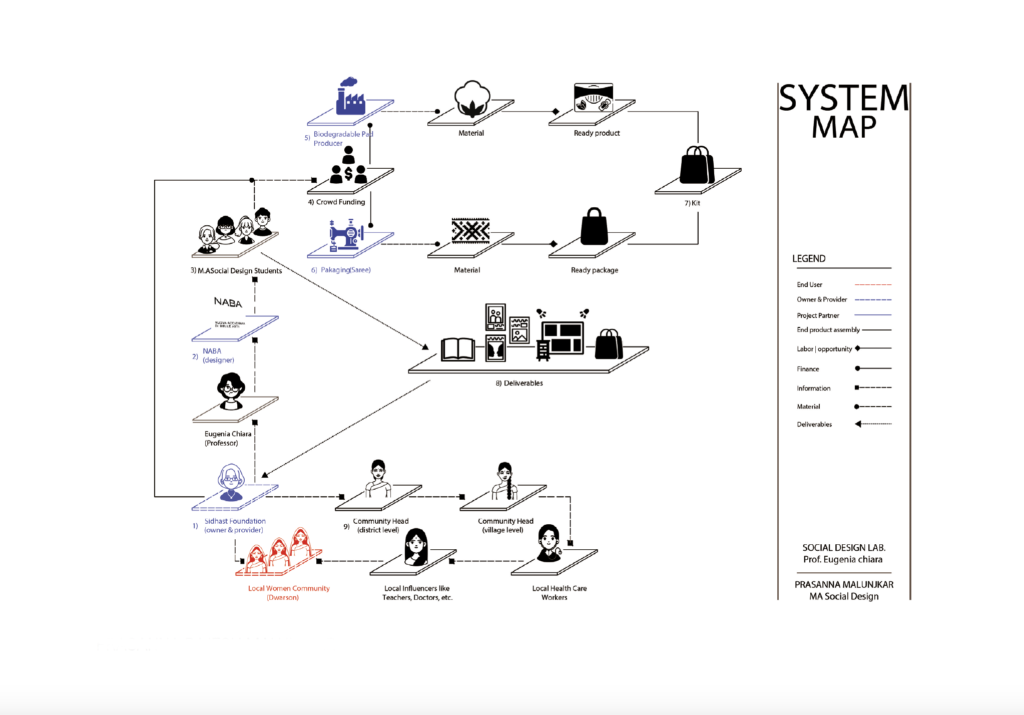
The aim of the Ayra Project is to develop a menstrual hygiene kit that will be distributed to the women of Uttarakhand. The kit will address the issue of period poverty by providing the women access to sanitary and biodegradable menstrual pads, as well as with other tools that help them during their periods to maintain hygiene practices, alleviate pain and inform about the topic.
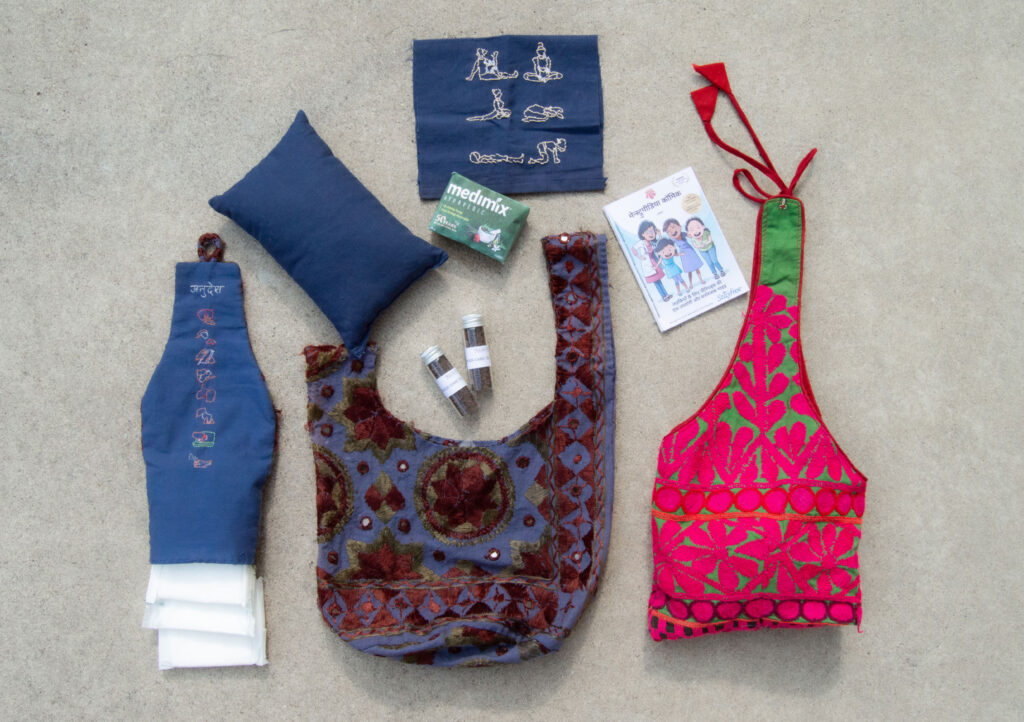
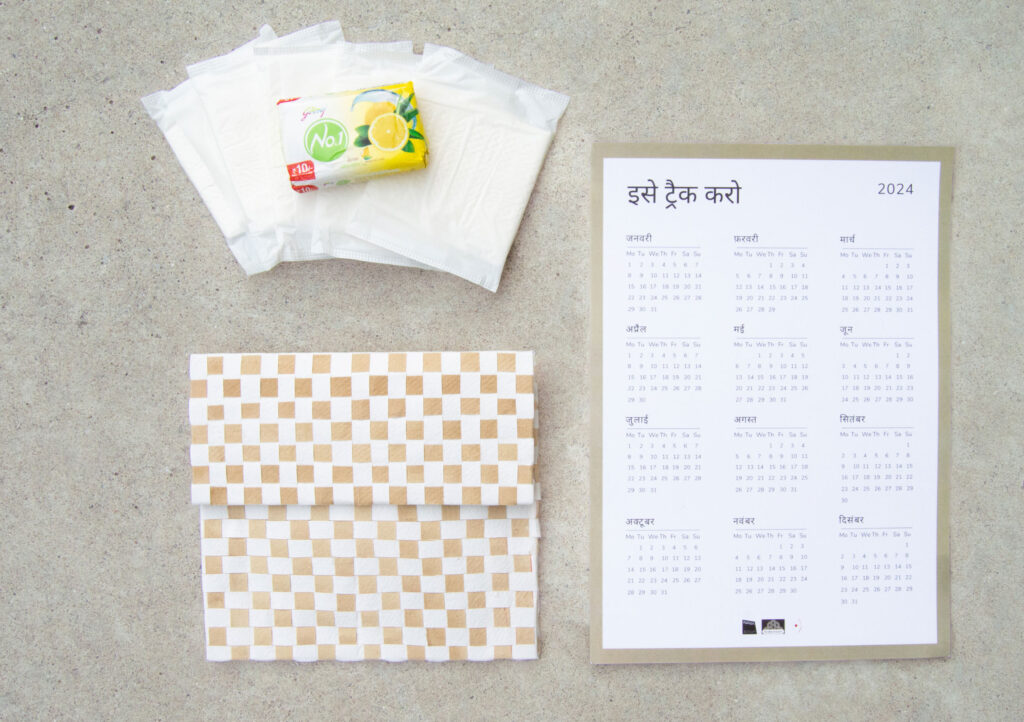
The students also worked on crowdfunding strategies, advertising posters and system maps to highlight other parts of the project. The purpose of these was to explore the complete process from ideation, messaging to development and distribution. This gave the students a broader perspective to develop kits that were able to address diverse needs.
